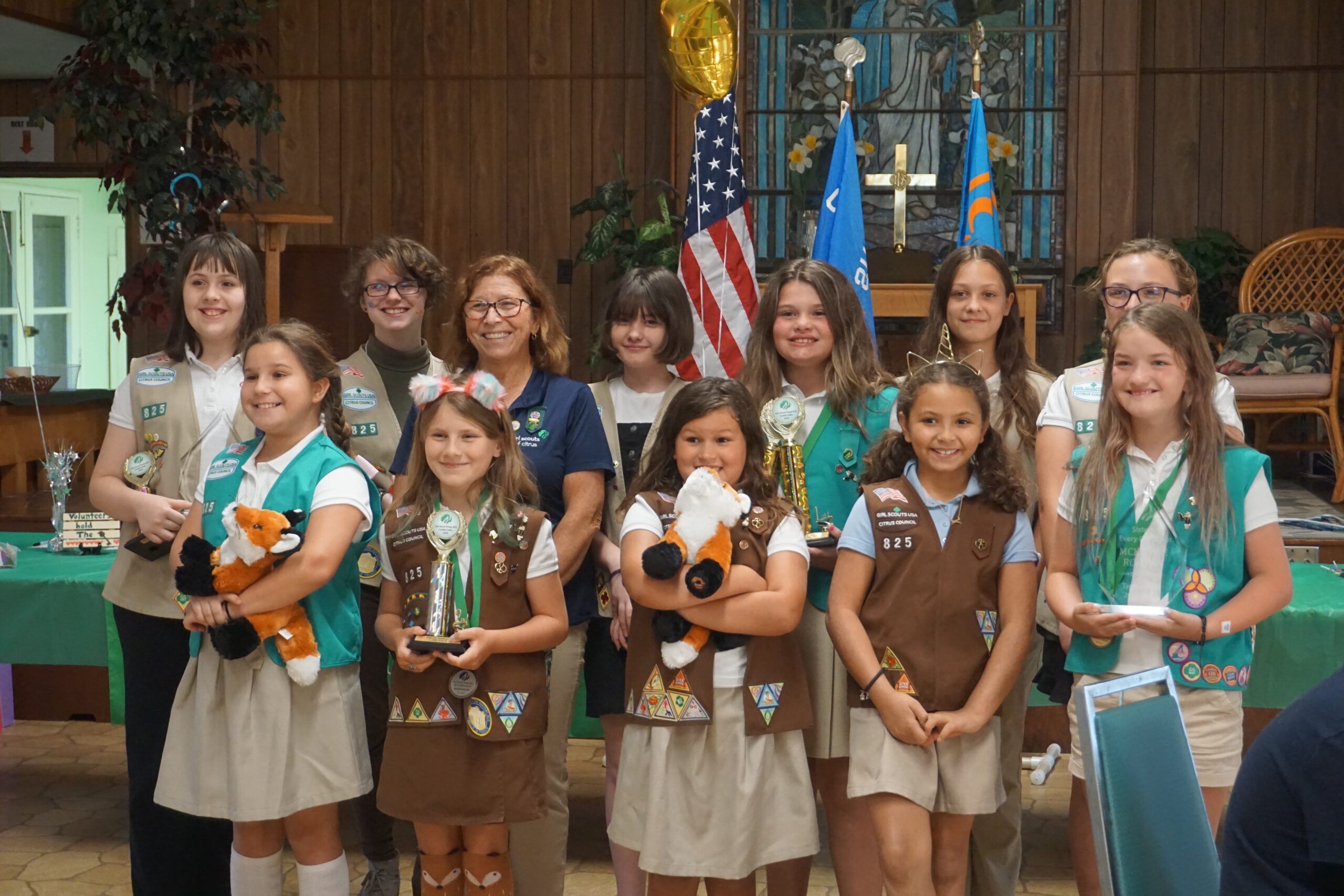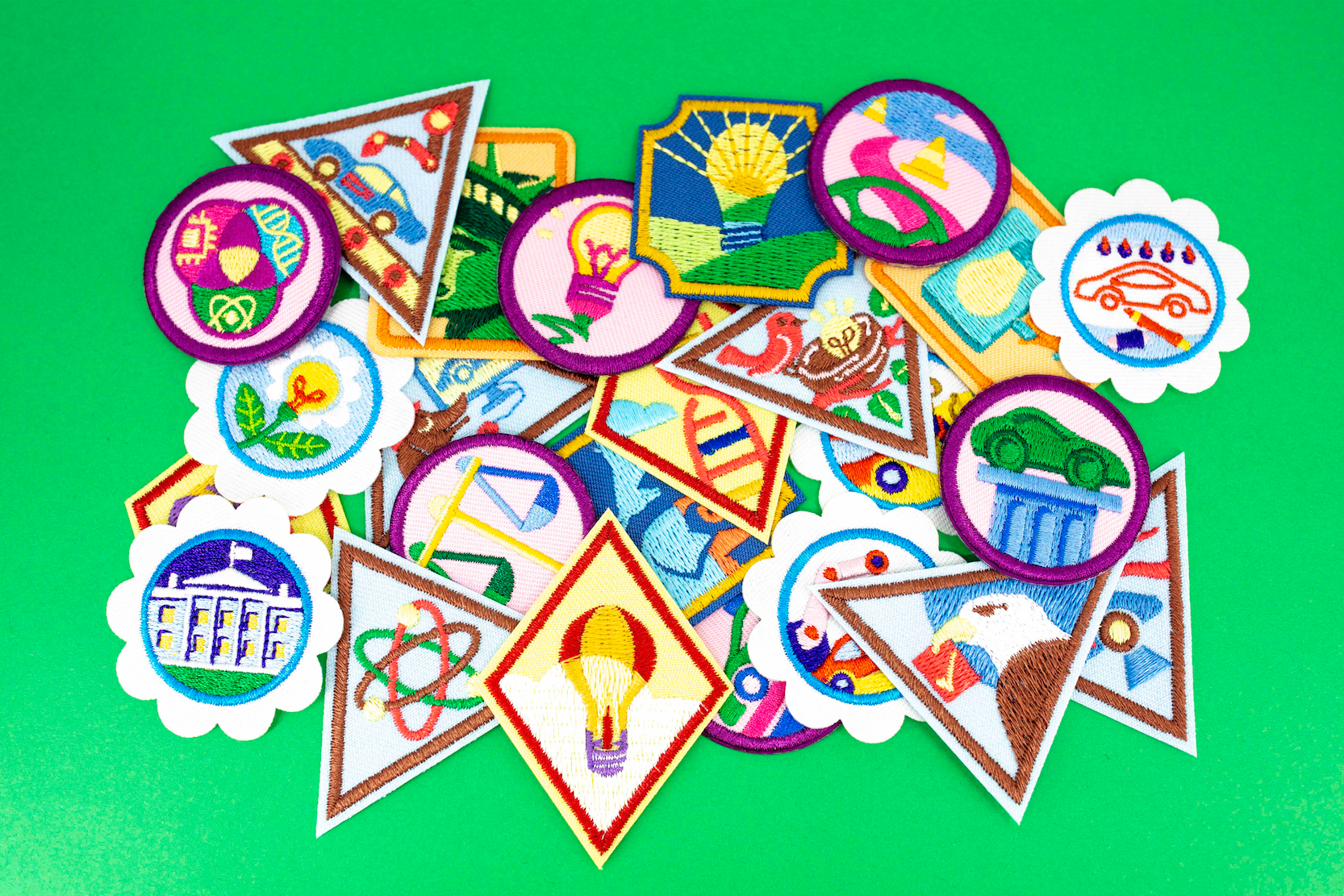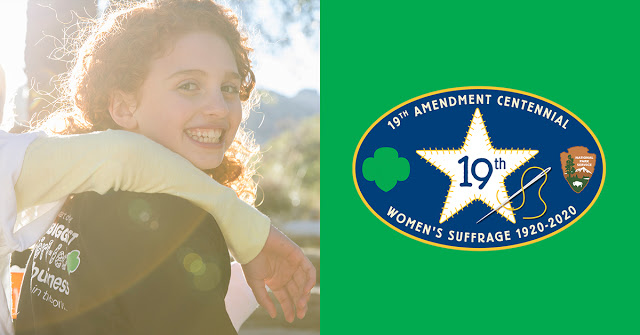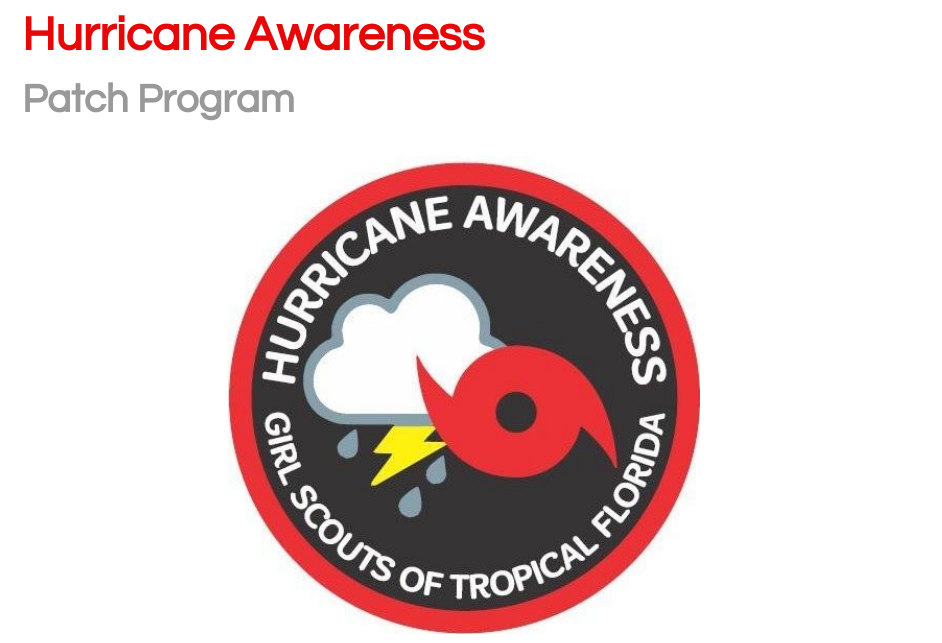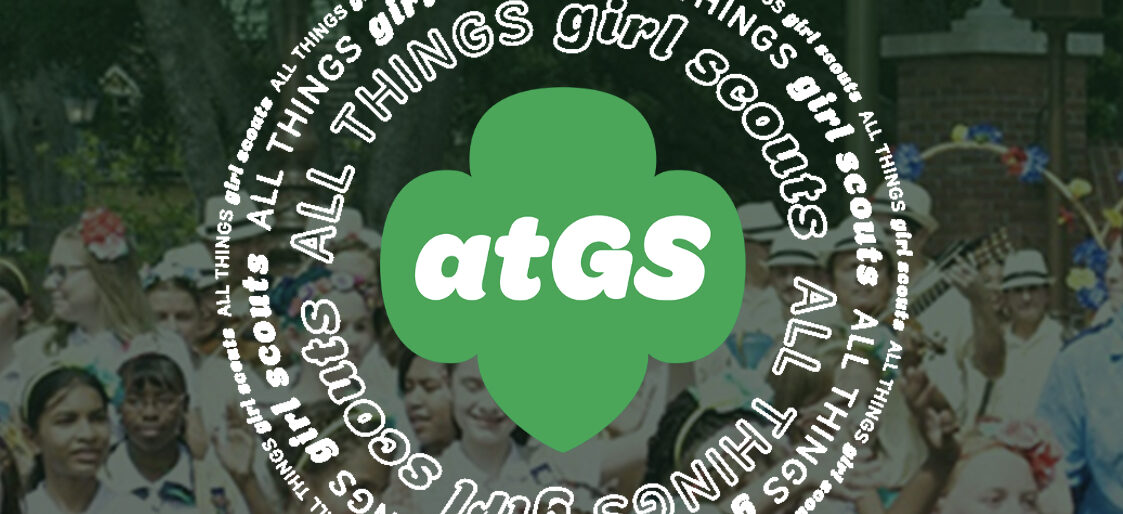 Featured
Featured
At Girl Scouts, we make sure girls are valued members, regardless of their economic, physical, psychological, or intellectual capabilities. The goal of each volunteer is to contribute to a girl’s path of becoming a caring, competent, and confident woman.
To ensure that each girl is valued, we can provide opportunities when:
Girls are actively planning an activity, like a meal or a trip. Be sure to encourage brainstorming, and acceptance of all suggestions.
Duties are rotated: kapers, roles in a ceremony, skits, songs, graces, choices for games, etc. Make sure that girls all get a chance to make decisions and be leaders. Celebrate creative solutions or ideas.
The situation calls for problem solving efforts. Lead the girls in ways to solve the problems, but do not do it for them. Encourage input from all girls.
Asking questions about appropriate behaviors for a particular activity or event. Our past experiences are not the same. By asking what is appropriate, you are encouraging the sharing of ideas and learning about differences. Then everyone knows the expectations and has participated in the choosing of appropriate behaviors.
Discussing family traditions. Holiday and family traditions are part of our socialization process. But they are unique to each family, because each family is unique. We are usually unaware or unconscious of this fact and act as if each family is just like ours. As a result, we remain unaware of the family and holiday traditions other people observe. Ask questions about traditions that girls in your troop observe, but try not to make them fit a mold based on your own. List many activity options and let the girls choose how they would like to observe the holiday.
We make an effort to be aware that family size, education level, jobs, economic status, heritage, geographic location, and health status are a few of the factors that influence each person’s behavior. They are also unique to each person. To promote understanding and valuing of differences, we can ask ourselves, “What may have been the experiences of the person to cause her to choose to act that way?” Then gently ask questions that build rapport and acceptance.
This is a task that is ongoing for each of us personally and as part of the group. If we do not learn to value differences, we lose the appreciation for the uniqueness of an individual. We also lose the contributions each will make when encouraged in a safe environment.

